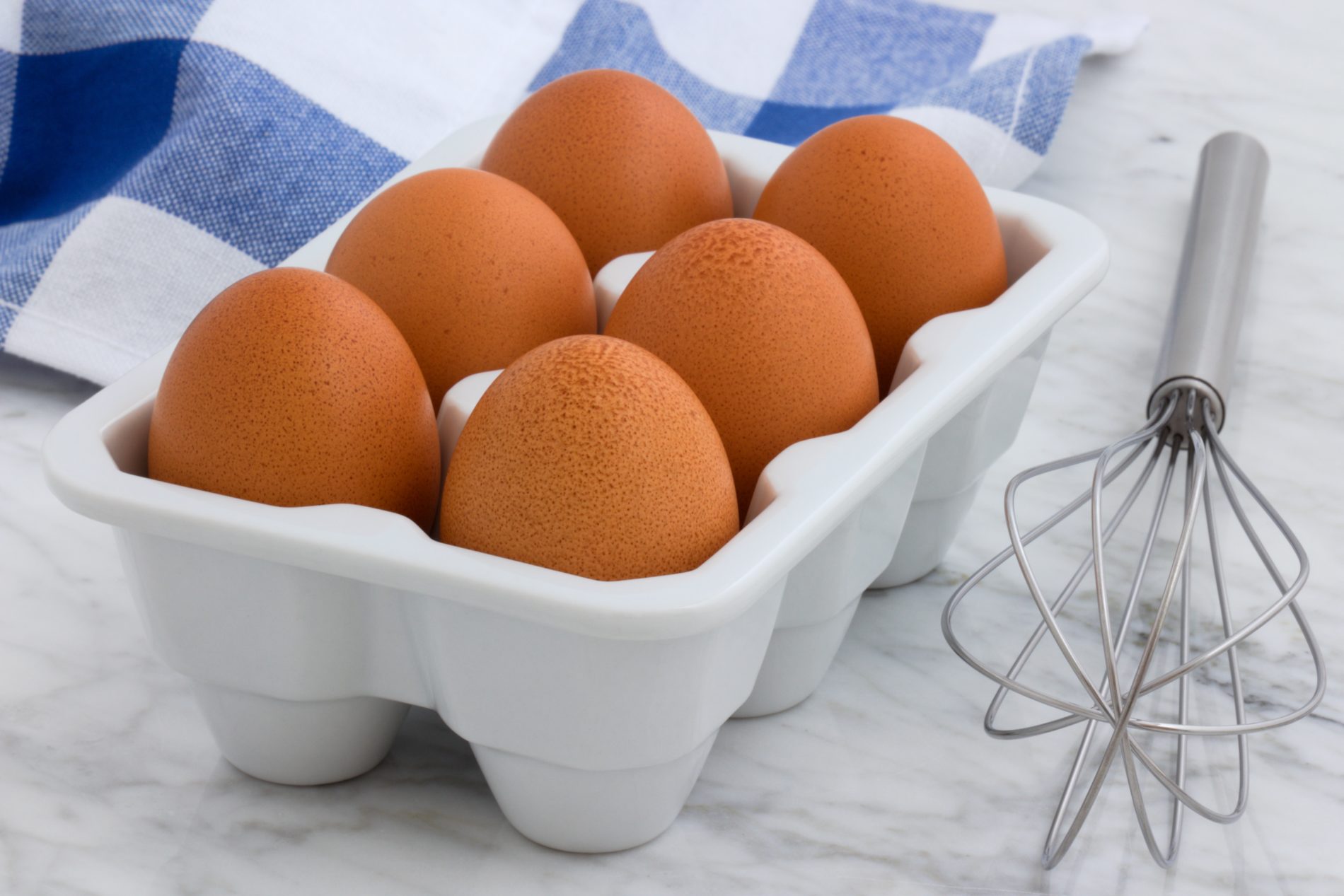This debate on how to properly store eggs has a long history. Probably not as long as the chicken or the egg dilemma, but we’re sure that there are some questions left after the fridge had been invented.
There are people who believe that eggs are best kept cold and there are those who think it’s alright to store them at ambient temperatures. First of all, we need to say that if you live somewhere on the tropics the latter is obviously not for you – eggs must definitely be stored below 20 °C / 68 °F. This is required and there is some solid scientific data behind that.
However if you store your eggs below that notch you might get away with this and avoid any contamination. There are lots of places in Europe that actually sell their eggs unrefrigerated. During a fortnight period there should be no significant changes in store-bought eggs whether you put them on the counter or place them on a plastic rack.
Freezing eggs
But there is more to that. The top tip and the real secret in getting the most from this nutritional powerhouse is freezing. No matter how radical this sounds (or reads?) now, it may one day help you.
You can freeze whole eggs or yolks and whites separately.

How to freeze whole eggs
If you choose the first variant, don’t forget that under low temperatures the shell will crack, so it has to be removed from the beginning.
Then take out any container you like: a muffin tin, a plastic egg crate or an ice cube tray will do. Just crack your eggs there and freeze them solid. Then remove them from there and put all together in a plastic bag. They can be stored for half a year in such manner.
And when you would want to make an omelette, breading for a chicken breast or a French toast just take out the number of eggs you need, thaw them at room temperature and cook!
Freezing egg yolks and whites separately
If, however, you are more of a divide-and-conquer type of person and you also love baking then you should consider freezing yolks and whites separately.
Nothing new here – just crack an egg over the container and start getting rid of the white by rolling the yolk from one piece of shell to the other (like they would normally do on every other food show). Then place your yolk safely in the other compartment.
Keeping eggs in the fridge
If, after all, you still think that you are the most comfortable with the good old fridge storing, so let it be.
But don’t forget to leave them inside the carton crate they are sold. By doing so you will prevent them from absorbing odours that other flavourful foods in the fridge may be emitting. Eggs have small pores in their shells – thousands of them – and they are easily permeable. Secondly, carton always has an expiration date which comes in handy in times of microbiological doubt.











What do you think?